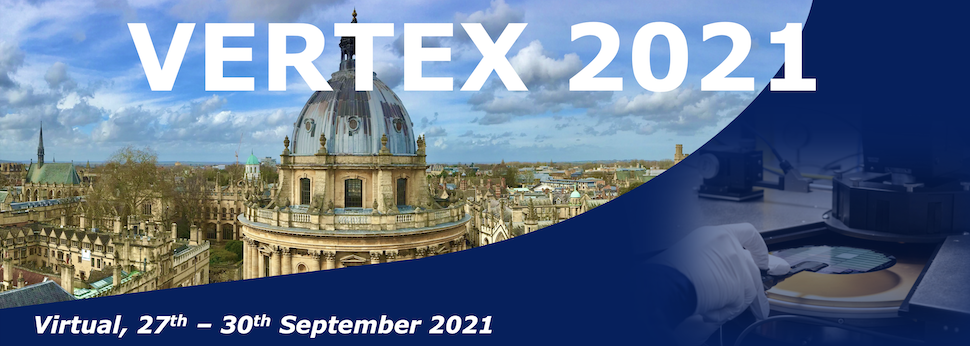Speaker
Description
Recent developments in semiconductor pixel detectors allow for a new generation of positron-emission tomography (PET) scanners that, in combination with advanced image reconstruction algorithms, will allow for a few hundred micron spatial resolutions. Such novel scanners will pioneer ultra-high resolution molecular-imaging, a field that is expected to have an enormous impact in several medical domains, neurology among others. The University of Geneva, the Hôpitaux Universitaires de Genève and the École Polytechnique Fédérale de Lausanne have launched the 100µPET project that aims to produce a small-animal PET scanner with ultra-high resolution. This prototype, that will use a stack of 60 monolithic silicon pixel sensors as detection medium, will provide volumetric spatial resolution one order of magnitude better than today’s best operating PET scanners. The R&D on the optimisation of the monolithic pixel ASIC, the readout system and the mechanics, as well as the simulation of the scanner performance, will be presented.

